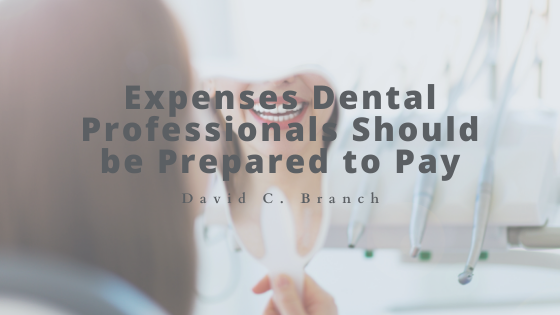Once you decide to start your private practice as a dentist, you’ll have to undergo the same process as any first-time small business owner. This involves estimating the startup capital you’ll need and looking for resources to help you obtain that funding. Before you can move forward, you’ll have to create a financial forecast that includes all of the operating expenses your dental office will incur each month.
Employee Wages
You may be tempted to run your dental office by yourself, but that’s not a feasible strategy in any business. At the very least, you will need to hire a dental hygienist, a dental assistant, and a receptionist. You will also have to offer competitive wages and benefits to attract qualified candidates. Keep your staff limited to those three positions as you start your practice. You can hire more employees as your practice grows in size.
Real Estate
You will need a physical location for your dental office, so you should consider the available options. It may be easier to obtain rental space, but you may not be able to modify the property to suit the unique needs required for dental care. It will take longer to get the financing needed to buy commercial property, but this will give you the freedom to update the property to suit your needs. You should research the pros and cons of leasing versus buying to determine the best option for your situation.
Miscellaneous Expenses
Even after obtaining the equipment, you’ll need to provide exemplary dental care to your patients. You’ll still need to refill your supplies regularly. This includes tongue depressors, cotton swabs, and other supplies that you use frequently. In addition, you’ll need a variety of insurance coverage to protect your business against workers’ compensation claims, malpractice suits, property damages, and other liabilities. You may have to hire a business lawyer to help you ensure you obtain all of the protection your business needs.
In determining how much startup capital you’ll need, you should expect to need enough funding to pay these monthly expenses for an extended period of time. It may take you up to a year before your dental office generates a steady stream of capital, so you should have a plan to cover these expenses throughout that first year.

